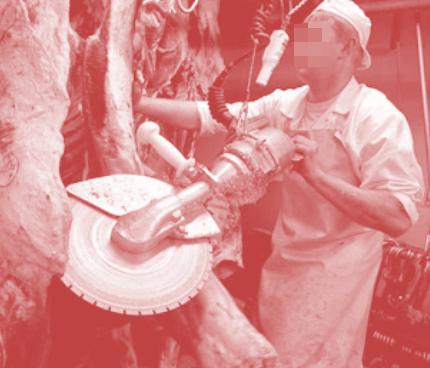Meat money studied
 Experts have investigated the influence of the meat industry, often referred to as ‘Big Meat’, in Australia.
Experts have investigated the influence of the meat industry, often referred to as ‘Big Meat’, in Australia.
A new study looks at the power dynamics of the meat industry in several countries, including Australia, Brazil, China, and the United States.
It found that the meat industry transfers some of the costs of production to people, animals, and ecosystems, rather than bearing these costs themselves.
The study reveals that the meat industry in these countries has managed to maintain this cost-shifting practice through its significant political and economic power.
The Australian live export trade has been the subject of intense scrutiny due to its animal welfare impacts.
Researchers note that, despite the evidence of these harms, the trade continues unabated.
They argue that this persistence is due to the symbiotic relationship between the meat industry and the government, which allows the industry to operate with minimal regulatory oversight. This relationship benefits both parties economically, but it raises serious ethical and environmental concerns.
The researchers call for more holistic policies to address the power imbalances within the meat supply chain. They suggest that without tackling the economic and political power held by the meat industry, efforts to mitigate the social and ecological harms of meat production will be insufficient.








 Print
Print